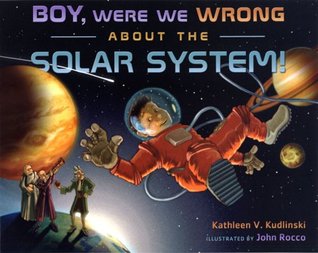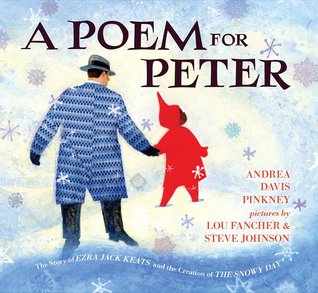This is one of a series of blog posts that continue the conversation around Still Learning to Read--teaching reading to students in grades 3-6. This series will run on the blog on Tuesdays starting in August 2016 and continue through the school year.
We are working on finishing up our narratives this month and I introduced some tools that I hope help students see the power of revision and the difference between revision and editing.
We watched Ruth Ayres video on Revision that is the most helpful resource ever on helping kids understand what it means to revise.
I think introduced a variety of tools that could be used for revision. We discussed how these various sticky notes could be used to help us try the strategies Ruth suggests in her video.
The tools seem to invite a high level of engagement because, let's be honest, who doesn't like a cool, new kind of sticky note?
I also had them reflect on their revisions with this page asking them to share the ways that they revised-why did they make these decisions as a writer?
Then I pulled out a basket of red pens to talk about editing. We talked about the final clean up of a piece of writing once the writing is crafted the way that you'd like it. A final few reads to check for those last editing mistakes and fixing those up.
Last year, I did something similar with students and a few of my students created a video sharing the revisions to their own writing. I think learning to revise is a skill that they will carry with them through their lives as writers and I know these skills and tools will help them grow as writers throughout the year.
(Our new edition of Still Learning to Read was released in August! You can order it online at Stenhouse! You can follow the conversation using the hashtag #SLTRead or you can join us for a book chat on Facebook that began this week by joining our group here.)















































